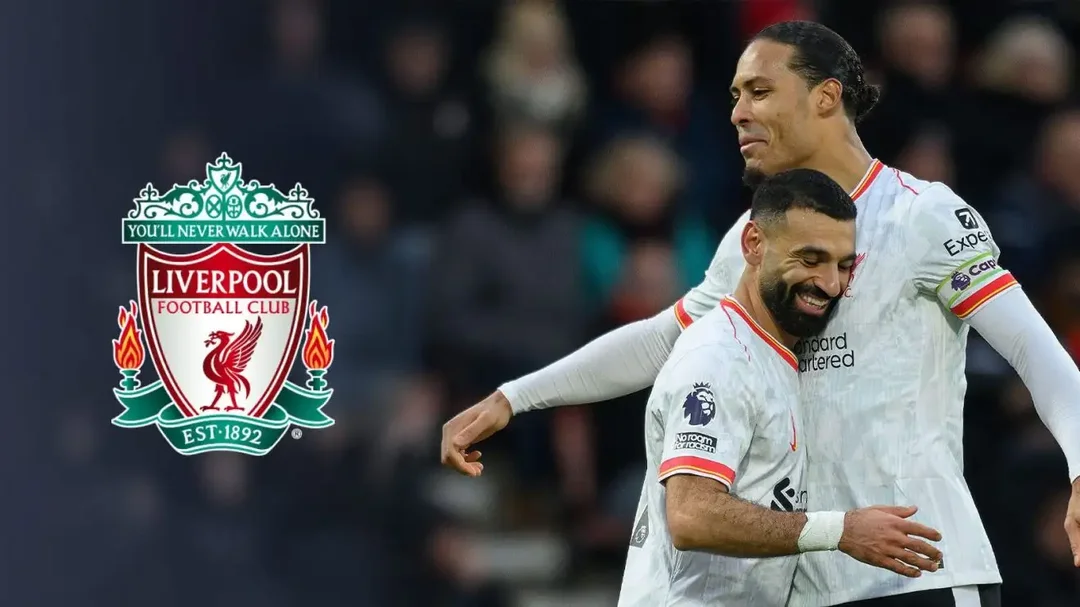
Liverpool’s Contract Contenders: Decisions, Doubt and the Burden of Legacy at Anfield
The fate of Liverpool’s golden generation is facing a crossroads, with contract talks and form struggles entwining Mohamed Salah, Virgil van Dijk and Trent Alexander-Arnold in a narrative of uncertainty and expectation. In a season where the Reds look destined for glory, behind the scenes, pivotal decisions could define the club’s identity for years to come. Why does it matter? Because few squads in football have been so reliant on such iconic personalities—and fewer still manage their transitions gracefully.

With the end of Jurgen Klopp’s tenure and Arne Slot’s arrival, three contracts have hovered over Anfield like an unresolved melody: Salah’s, Van Dijk’s and Alexander-Arnold’s. The prospect of all three leaving was enough to send shivers through Liverpool fans and force a reckoning among those vying to be the torchbearers for the next chapter. Now, with Salah signing on and Van Dijk set to follow, attention has flipped to the repercussions and ripple effects radiating from these decisions.
The euphoria for most supporters is obvious—two legends staying. But for a small, significant contingent, these extensions signal a closed door. Players like Jarell Quansah and Harvey Elliott see already-narrow windows for first-team football constricting further, and Liverpool’s recruitment targets, like Crystal Palace’s composed captain Marc Guehi or Italian import Federico Chiesa, are likely recalibrating their futures. The psychological weight on players who hoped for a reshuffling of the hierarchy is substantial.

Yet, amid loyalty and continuity, many question the wisdom of overplaying aging superstars. Statistical reality and recent showings for Van Dijk and Salah have raised eyebrows: Liverpool, like history’s other great sides, must now balance sentiment with the science of squad evolution. Van Dijk—a defender of mythic reliability—has shown flashes of human fallibility, his misjudgments more glaring as the years catch up. Salah’s goals—still crucial—can’t entirely obscure his drop in influence as fatigue and age nibble at his sharpness. This is the risk; few have sustained peak performance into their mid-30s in the Premier League’s modern era, especially with Champions League pressures added to the mix.
Analysis by former Red Jan Molby on his latest podcast cut to the core. He praised Salah as a “moment player” who tilts big games, but admitted his command is waning. Van Dijk, once unflappable, is now “baffling” at times—and that, Molby warned, erodes the confidence of all around him: “When leaders drop off, the entire team can suffer.” As for Trent’s future, the lack of clarity leaves space for lingering doubt and arguably for Real Madrid to capitalise if Liverpool aren’t proactive.
In the boardroom, the return of Michael Edwards—Liverpool’s shrewd transfer architect—adds intrigue. While new deals for Salah and Van Dijk represent footballing romance and stability, Edwards knows too well the financial and sporting pitfalls of renewing on sentiment. The cautionary tales of Sadio Mane and top European clubs nearly always veer toward ruthless renewal.
Amid the uncertainty, Liverpool’s run-in remains critical. They’ve masterfully endured a wobble thanks to a commanding lead, but data-driven analysis reveals that depending so heavily on aging superstars is unprecedented. Will Arne Slot rotate and rebuild with foresight, or ride his icons one campaign too far?
This story, for now, is one of pride and pragmatism. Liverpool’s elders have earned their status—but must not be overburdened. The club’s summer plans hinge on this delicate dance between reverence and regeneration, even as fresh faces look to stake their claim. Fans will wonder: are these contract decisions a celebration of legacy, or the start of a slide into stagnation?
What do you think? Are Liverpool’s moves a masterclass in leadership, or an invitation to future headaches? Leave your thoughts below and join the debate on Anfield’s next era.